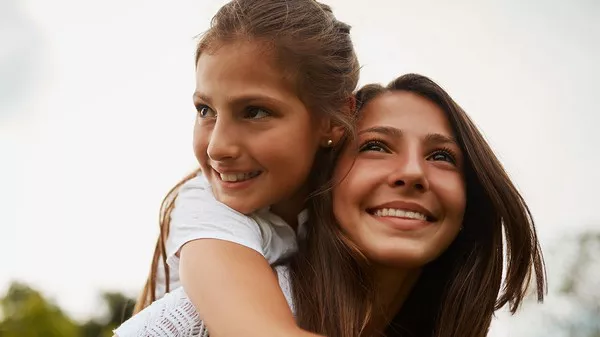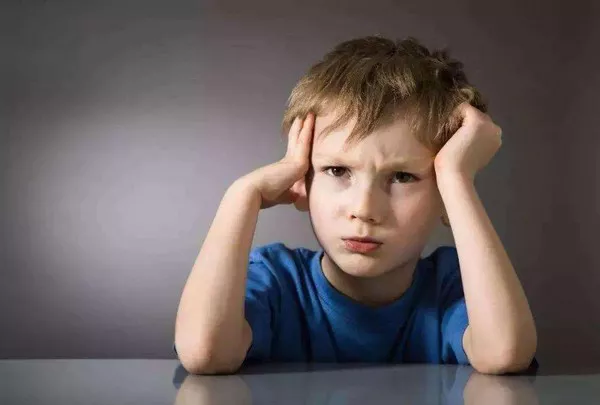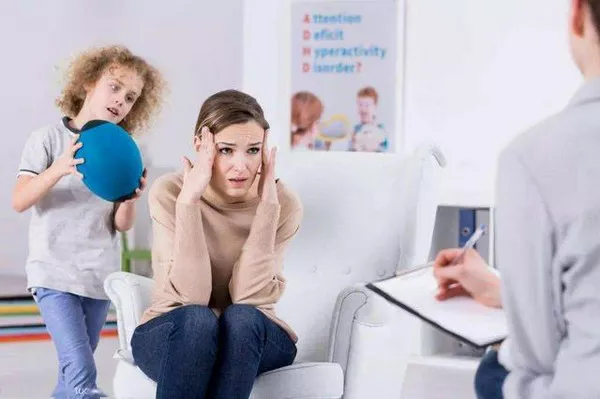Recent data from a Gallup survey reveals that U.S. teenagers spend an average of 4.8 hours per day on social media, making it the activity they engage in the most, surpassing watching television, doing homework, hobbies, and playing video games. Common motivations for social media use among teenagers include entertainment, communication, and relieving boredom. YouTube and TikTok are the dominant platforms, accounting for most of their social media time.
The study explores the association between social media use and mental health problems among teenagers. The results show that teens spending over 5 hours a day on social media were more likely to report suicidal thoughts or self-harm, negative body image views, and feelings of sadness. However, the effects, while significant, are relatively small in relation to the substantial changes observed in teenage mental health in recent years. The study highlights that separating correlation from causation in social media’s impact on mental health is challenging, as underlying mental health issues might drive increased social media use.
The study further examines potential factors influencing mental health and social media use, such as parenting practices and personality traits. Adolescents with greater self-control and those with parents who restrict screen time, supervise their online activities, and maintain strong relationships spend less time on social media. High levels of conscientiousness in adolescents lead to an average of 1.2 hours less social media use. Adolescents whose parents restrict screen time report 1.7 fewer hours of social media use. A stronger and more loving parent-child relationship, as well as reduced unsupervised time, are also associated with lower social media use. The negative effects of high social media use on mental health decrease when accounting for these factors, but the negative effects on body image problems are still present.
In summary, the study suggests that while social media use may be associated with mental health issues in teenagers, these associations are small, and the role of social media in these issues remains complex, with individual characteristics and parenting practices playing a significant role in influencing teenagers’ social media behavior and its potential effects on mental health.




























